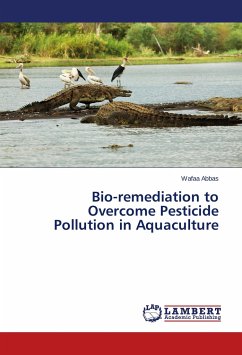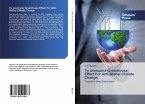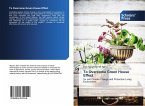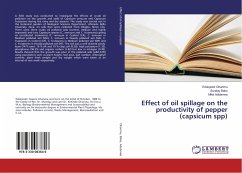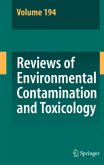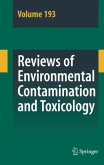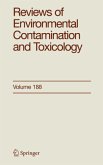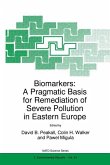Pollution represents a major global concern in aquaculture because of the growing demand for aquatic products and animal protein in both advanced and developed countries. Sources of aquatic pollution are enumerated, pesticides are the most dangerous since they are hydrophobic, persistence, and accumulated inside different animal tissues. Using some traditional; physical and chemical technologies to remediate the water is very expensive and represent hazards on the surrounding life fauna so, the developing of an alternative biological strategy is very important. Bioremediation is the using of living organisms to remove or detoxify pollutants. It can be applied in-situ or ex-situ through many strategies; bioattenuation, biostimulation or bioaugmentation. Free-enzyme based products and genetically engineered microorganisms are new promising technologies of bioremediation. Many factors can affect the bioremediation process. Bio-remediators; bacteria, fungi, algae and plants were found to have a vital role in pesticides biodegradation. In spite of its restricted disadvantages, bioremediation is an eco-friendly, cheap and effective strategy to complete mineralization of pesticides.

